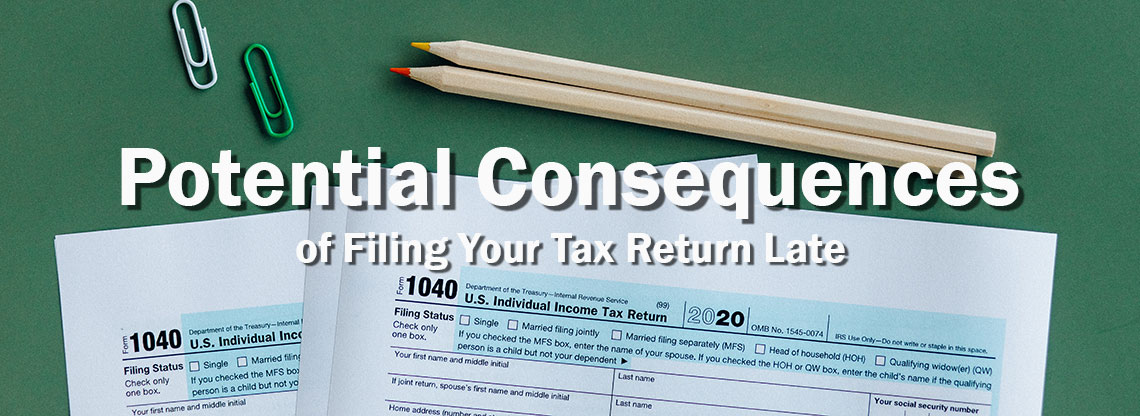
We’ll skip the old cliché about death and taxes but, suffice to say, the government will always get their money in the end. Given the CARES Act, along with the other steps the IRS took during the pandemic, now is a great time to make a value-adding call and see if your clients might have any questions you can clear up for them.
First off – let’s define ‘late.’ If an individual extends their tax return period and then files during the extension period, they’re fine. If they either didn’t extend or filed after the last extension expired, these are 3 potential consequences.
Consequence #1 – An audit! While the IRS regularly audits about 3% of all taxpayers, the likelihood your client may be audited skyrockets by up to 50% if they file their tax returns late. Even if they aren’t audited, they’ll still have to have a (not fun) meeting with the IRS to reconcile their late return.
Consequence #2 – Every month your client waits to file, the IRS dollops an extra 5% of their due-taxes onto the total amount they owe. This is called a ‘Failure to File’ charge. The only silver lining is that this maxes out at 25%, however, it’s only one side of the coin.
Consequence #3 – The other side of the ‘failure to file’ coin is the ‘failure to pay’ charge. Once the failure to file charge maxes out at 25%, the IRS will add a .5% ‘failure to pay’ charge every month your client leaves this unresolved. While they can only add it for the next 45 months, your client could owe an extra 47.5% of their due-taxes!
Finally, remind your client to always consult with their tax advisor before making any decisions!
“Big Mistake: Filing Your Tax Return Late.” Tax Reduction Letter - Big Mistake: Filing Your Tax Return Late, Bradford Tax Institute, Aug. 2021, bradfordtaxinstitute.com/Content/Big-Mistake-Filing- Your-Tax-Return- Late.aspx.